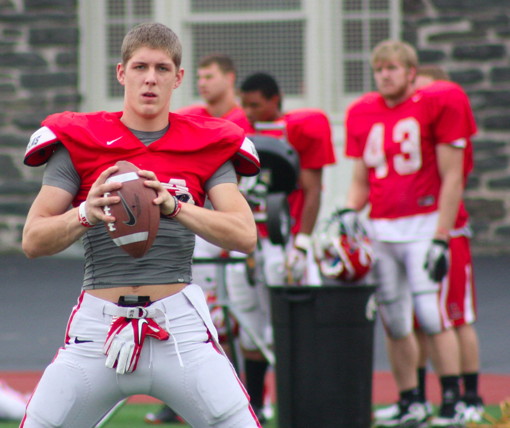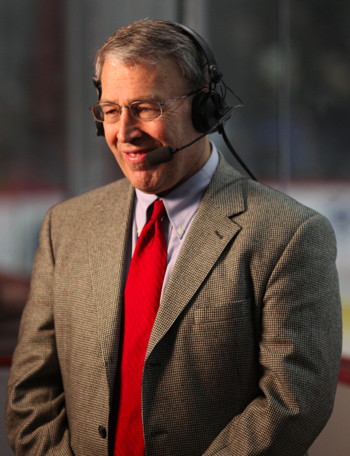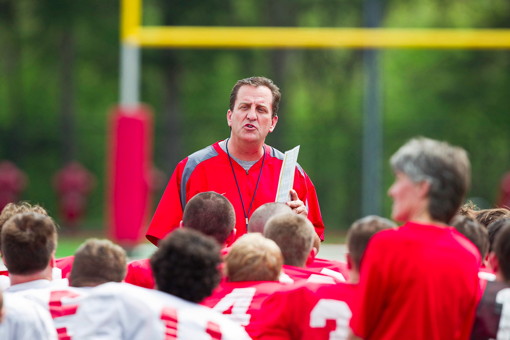WORTH SUPPORTING
Matching aid, matching interests

Lucas Shapiro '15 would have enrolled at Stanford, but Cornell's financial aid package changed his mind.
The Award Match Initiative – announced in fall 2011 – strengthens Cornell's need-based financial aid by offering to match need-based aid packages from other Ivy League schools as well as Duke, MIT and Stanford. By enhancing Cornell's ability to recruit the most qualified and talented students, it aims "to remove any barriers that might exist that are purely financial to allow students to choose the university based on what their interests are," says Barbara Knuth, vice provost and dean of the Graduate School, whose duties include overseeing undergraduate enrollment through the Undergraduate Admissions Office and the Office of Financial Aid and Student Employment.
In the initiative's inaugural year, 85 of 165 students offered matching financial aid packages found their interests better served at Cornell and enrolled, placing the total matching funds at $800,000, with the average cost of approximately $10,000 per student.

Andy Noel, the Meakem*Smith Director of Athletics and Physical Education. See larger image
As the initiative helps the university vie for the most academically competitive applicants, it also boosts athletics recruitment. "Cornell athletics yielded a third of its recruited athletes who had received a more generous initial financial aid package from another Ivy League school or Stanford," says Andy Noel, the Meakem*Smith Director of Athletics and Physical Education.
For Noel, the initiative is a long-awaited corrective to "the increasing gap between the financial aid packages that resulted from our needs-analysis calculations compared to the formulas used by Harvard, Yale, Princeton and other schools." In coming years, he expects the number of matched students to increase and anticipates a yearly need of $3.5 million to $4 million, to be funded by endowment payout and current-use gifts from alumni, parents and other supporters.
According to Noel, football has benefited significantly from the initiative and has matriculated one of its best classes. Kent Austin, the Roger J. Weiss '61 Head Coach of Football, views the initiative as "the single most important factor in our ability to successfully recruit at Cornell" and points to the team's current 5-5 record, an improvement from the 2-8 of the previous season. On the defensive end alone, he adds, "you will see five freshmen on the field at any given time," a testament to the high level of athleticism of the new recruits.
Rich Booth '82 – a former Cornell baseball player and chair of the Trustee Task Force on Athletics and Financial Aid, as well as a generous supporter of the initiative – considers student-athletes "difference makers on and off the field." He adds, "in many ways they are Cornell's most visible ambassadors" who generate excitement for Cornell wherever they compete. He sees the Award Match Initiative as a critical step in Cornell's drive "to be competitive with other schools who are going after the best students."

Kent Austin, the Roger J. Weiss '61 Head Coach of Football.
Lucas Shapiro '15, a wide receiver from De La Salle High School in Concord, Calif. – home of one of the top high school football programs in the country – would have enrolled at Stanford if Cornell had not been a contender. "When Cornell came into the picture and gave me the great financial aid package, and I got to meet Andy Noel, and all the great coaches and the team, that really sold the school," he says.
Shapiro adds that he also was lured by the nation's top agriculture and life sciences college and the Charles H. Dyson School of Applied Economics and Management's nationally ranked undergraduate business program. The first thing that went through his mind when he received Cornell's offer: "Cornell's a great academic school, and my family has always been 'academics first, athletics second.'"